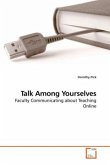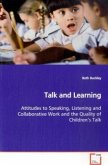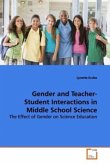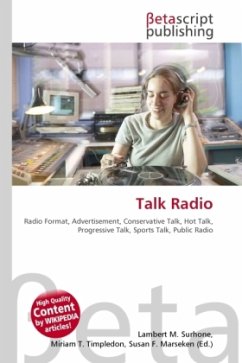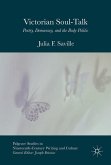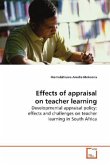The elementary school teacher s personal
understanding of science has not been a primary focus
of consideration in reform discussions. The purpose
of this study is to explore core understandings about
science that are held by four elementary teachers,
and to examine the origins of those ideas. The
theoretical framework for this research recognizes
three guiding assumptions: science exists as a set of
ideas that have developed over time through competing
discourses; teachers play an important role in the
science curriculum; and the guiding influences of a
teacher s understanding of science are associated
with power. The finding of the study provides
evidence that the teachers science understanding is
unique and developed over time. This investigation
recommends that teachers personal understandings
become a focus in developing educational
opportunities for elementary school teachers. This
study further recommends challenging a hegemony
related to positivism that exists in science
curricula and the use of narrative inquiry as
a method of understanding teacher experiences.
understanding of science has not been a primary focus
of consideration in reform discussions. The purpose
of this study is to explore core understandings about
science that are held by four elementary teachers,
and to examine the origins of those ideas. The
theoretical framework for this research recognizes
three guiding assumptions: science exists as a set of
ideas that have developed over time through competing
discourses; teachers play an important role in the
science curriculum; and the guiding influences of a
teacher s understanding of science are associated
with power. The finding of the study provides
evidence that the teachers science understanding is
unique and developed over time. This investigation
recommends that teachers personal understandings
become a focus in developing educational
opportunities for elementary school teachers. This
study further recommends challenging a hegemony
related to positivism that exists in science
curricula and the use of narrative inquiry as
a method of understanding teacher experiences.


